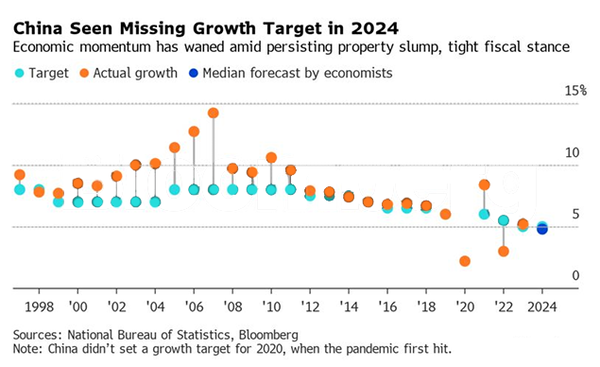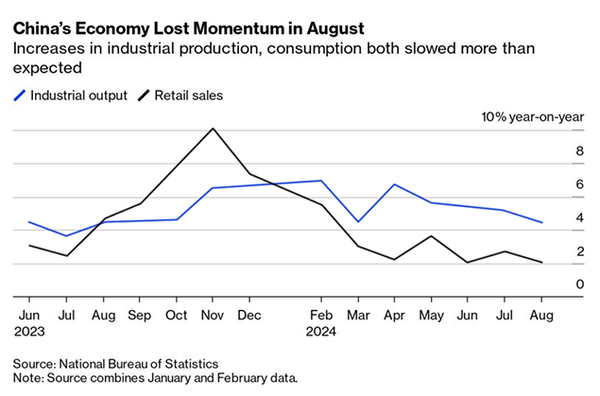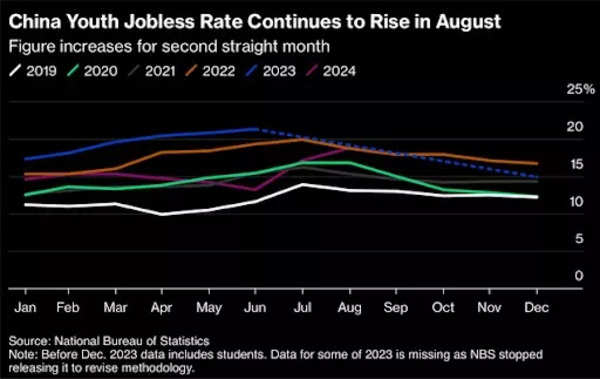Chinese authorities have shown unprecedented concern over Halloween celebrations this year, implementing stricter controls and issuing warnings across major cities. This heightened scrutiny stems from several factors affecting the nation’s social and cultural landscape.
Driving the news
- According to reports, Chinese authorities are targeting revelers in
Shanghai who gathered in popular nightlife spots dressed in Halloween costumes. - Videos circulating on social media show police imposing crowd control and restricting pedestrian flow, in some cases, escorting costumed partygoers—including those dressed as Donald Trump and superheroes like Batman and Superman—away from public spaces, news report said.
- The scene contrasts sharply with last year’s festivities, which drew widespread attention and even a nod from the Shanghai municipal government as a symbol of “cultural tolerance.”
- A bar and restaurant owner in the Jing An nightlife district of Shanghai was asked to sign an agreement issued by the local district authorities pledging they would not organise any activities such as costume contests “to maintain good social order and public image”, he told Reuters.
- However, with tightened restrictions this year, social media users have expressed concerns that Halloween, once an opportunity for social commentary, is becoming another casualty in the narrowing space for personal freedom in China.
- The news of Shanghai’s crackdown on Halloween was a trending topic on Chinese social media sites, including Weibo.
- “Even in relatively open Shanghai, the scale of freedom is constantly shrinking,” one user posted.
Why it matters
- Halloween has gained popularity among young Chinese in recent years as a platform for self-expression, a rare outlet in an otherwise tightly controlled society. Since last year’s celebrations openly mocked government policies through costumes—like hazmat suits symbolizing strict Covid-19 lockdowns—the Chinese government is likely wary that the festival could ignite further expressions of dissent or even inspire protests akin to the rare, anti-lockdown demonstrations from last year.
- Authorities in Shanghai seem determined to prevent any recurrence of last year’s outspoken festivities, which could signal a broader crackdown on public gatherings and, more subtly, on displays of Western cultural influence.
The big picture
- China’s youth unemployment, currently high, and general economic stagnation have led to widespread frustration, and last year, many used Halloween as a way to express these concerns.
- Some students dressed as unemployed graduates, while others donned costumes poking fun at government restrictions.
- The mood mirrored a wider, underlying discontent, exacerbated by the pandemic’s lingering economic effects and the government’s strict zero-Covid measures, which only lifted last year.
- With this year’s tighter restrictions, analysts suggest authorities are aiming to curb any gathering that could serve as a platform for social criticism, particularly after the White Paper Protests in 2022, when young people took to the streets to challenge pandemic policies and highlight issues from economic stagnation to censorship.
- The crackdown on Halloween is viewed by many as a preemptive measure to deter similar forms of public expression.



What they’re saying
This year, videos posted on Chinese social media show officers actively targeting people in costumes, asking some to remove makeup or refrain from wearing “bizarre” clothing. As per a New York Times report, Shanghai resident Michael Luo, a bar owner, voiced frustration over the crackdown, calling it “a waste of resources.” He added that authorities should focus on ensuring public safety and enjoyment rather than stifling celebrations, which are popular even in non-Westernized settings like China.
In contrast, some netizens on Weibo expressed disappointment at the heavy police presence, lamenting the restriction of cultural events. “Shanghai is not supposed to be like this,” one user wrote, criticizing the city’s perceived shift from tolerance to repression, the CNN report said.
Zoom in: Halloween 2022 vs 2023
Last year’s Halloween in Shanghai was notable not just for its turnout but for its tone—many young people used costumes to comment on China’s social and economic landscape. A popular costume last year featured blank sheets of paper, an ironic reference to China’s censorship, while others dressed as Covd testers or stock market crash victims. Revelers created a carnival-like atmosphere that had not been seen since the end of lockdowns, and authorities initially tolerated the display, acknowledging it as a form of “cultural exchange.”
This year, however, any form of “edginess” appears off-limits. Barriers were set up on Julu Road, a popular Halloween spot, and police patrols deterred would-be revelers, effectively halting celebrations.
Some partygoers reported being escorted to police stations, where they were asked to remove their costumes before being allowed to leave. Videos show that police focused their actions on people wearing costumes, while those in everyday clothing were left unbothered.
Between the lines
China’s tightening stance on Halloween can be seen as part of a broader skepticism toward Western cultural traditions, which the government often frames as a potential threat to Chinese social values. The Chinese Communist Party (CCP) under President Xi Jinping has intensified its focus on promoting Chinese culture, criticizing foreign festivals as “overly passionate” distractions. Chinese state media, in particular, has been vocal in recent years about resisting Western influence, and Halloween, with its American origins, has become a particular target.
Some scholars, such as Alfred Wu of the National University of Singapore, argue that the government is attempting to reshape Chinese society by stifling gatherings that may incite social discontent. Wu remarked, “The authorities are far more prepared this year,” citing the likely intention to prevent any repeat of last year’s protest-like festivities.
The bottom line
- While Halloween celebrations were once a sign of Shanghai’s “cultural tolerance,” the restrictions this year suggest that China’s social landscape may be narrowing under tightened controls.
- For China’s young people, who once saw the holiday as a chance to voice their frustrations, the crackdown serves as a stark reminder of the limits on public expression in an increasingly monitored society. The question now is whether this Halloween marks the beginning of a new phase in China’s oversight of public gatherings—and what it means for young Chinese eager to express themselves, even within the limited bounds of a Western holiday.
- As Michael Luo put it, “It’s obviously a very happy holiday. Even though it’s foreign culture, it’s still quite fun.” For now, however, that fun seems overshadowed by the mounting restrictions shaping life in China’s most cosmopolitan city.
What’s next
- The government’s approach raises questions about the future of Halloween—and similar Western-inspired events—in China. Although some official celebrations went ahead at theme parks like
Shanghai Disneyland , smaller gatherings at bars and parks faced restrictions, and local authorities discouraged costume-themed gatherings. - Shanghai Disneyland, however, proceeded with its annual Halloween event, drawing significant attention as one of the few venues spared from restrictions. Still, many wonder if even these authorized events might come under scrutiny if Halloween continues to serve as a platform for social commentary.
- The government’s wariness of gatherings perceived as implicitly critical of policies could extend to other Western-inspired events like Christmas, which has also gained traction in Chinese cities.
(With inputs from agencies)
